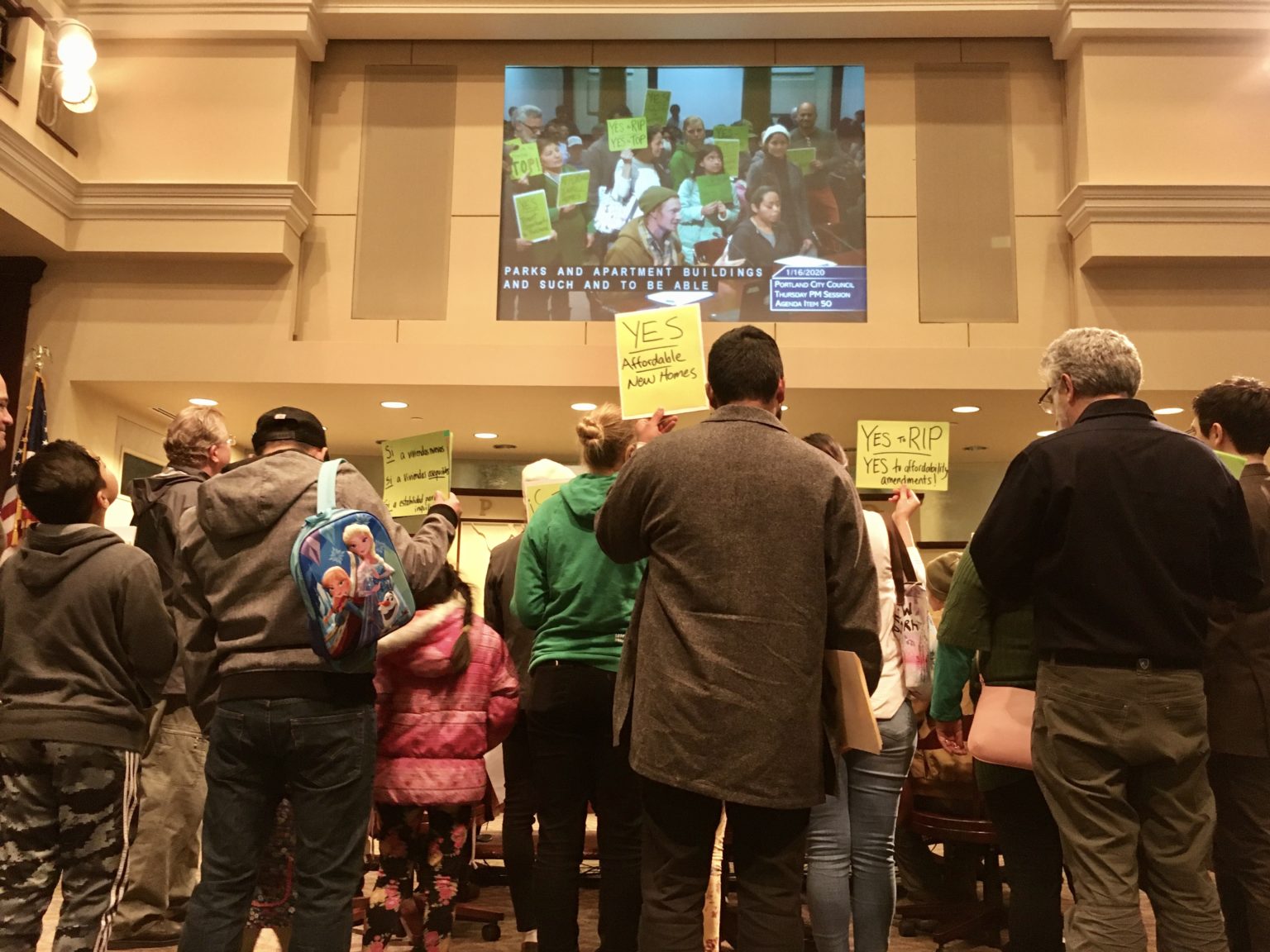Physical Address
304 North Cardinal St.
Dorchester Center, MA 02124
Physical Address
304 North Cardinal St.
Dorchester Center, MA 02124

In laudable news, the Pew Charitable Trusts have backed a research project at NYU’s Furman Center to commission and publish work “to understand how specific land use reforms…have affected outcomes on the ground, especially with respect to residential development.”
While looking forward to that series, I want to highlight a more dispersed, emerging body of work: political case studies of some of the major (or minor) land use reforms of the YIMBY era.
In a recent exercise, I asked a large number of YIMBY and pro-housing friends to rate the effectiveness and political attainability of 17 distinct types of reform. What I learned is that there is relatively little consensus – some people think that curbing parking minimums is easy, some hard. Some think it would be highly efficacious, others don’t. There’s a lot we don’t know – and that it’s important to learn. (If you’re interested in the results, you can email me and get them in exchange for contributing your own views).
In that spirit, here are a few case studies of the political process that led to some of the substantial reforms in cities and states in the last decade. The best of these follow the model I learned in political science classes: identifying the key actors and their interests, describing some of the wrangling and horse-trading in detail, giving glimpses into private moments where possible.
I’m also certain that there are other pieces in the genre that I’m missing – leave them in the comments or email me; I’ll update the piece accordingly.
Aside from these essential works, there are smaller pieces that sketch the political process that took a city or state from “not in my backyard” to “yes!” With reader contributions, I hope to expand this list, but here are a few:
If we go too far back in time, this list will become unmanageable – and also distant from the YIMBY political moment of the present. But I can’t resist including two honorable mentions: recent case studies that frame 1990s reforms in contemporary terms.
